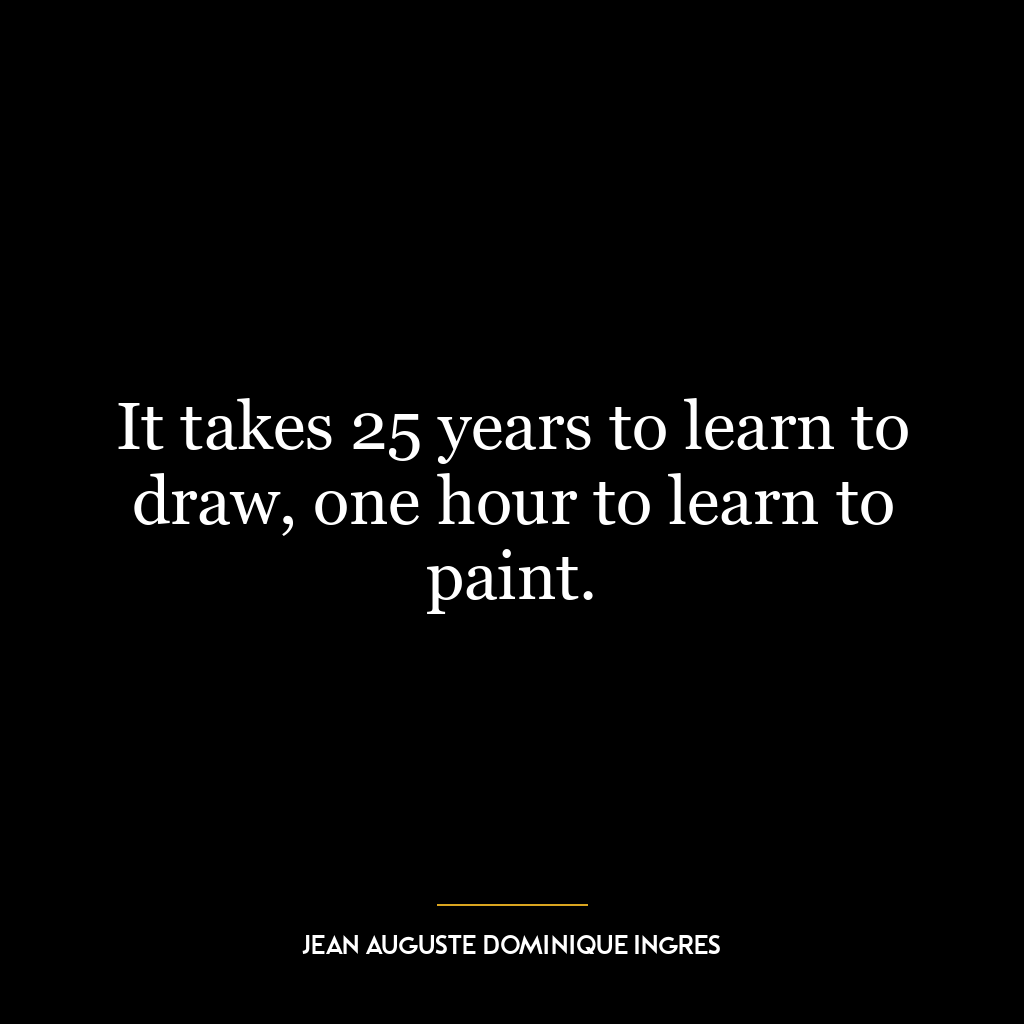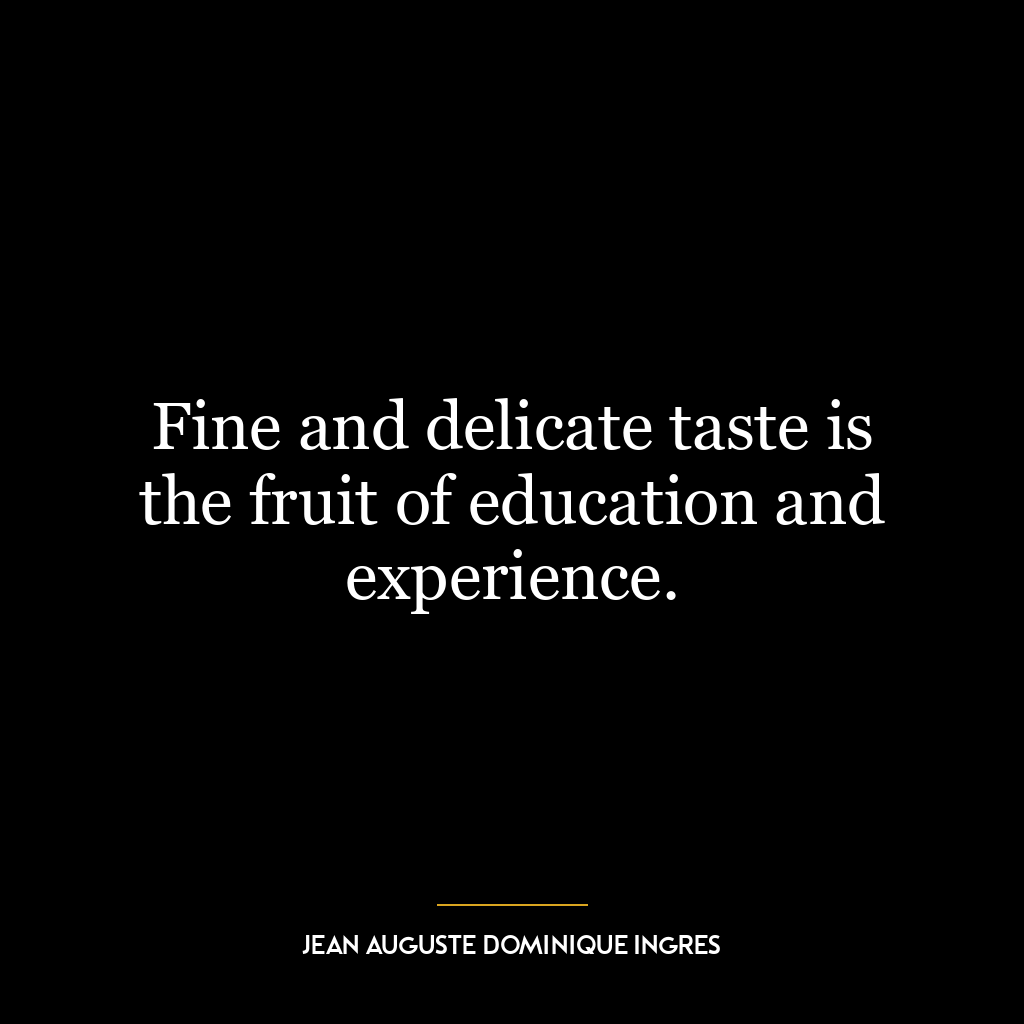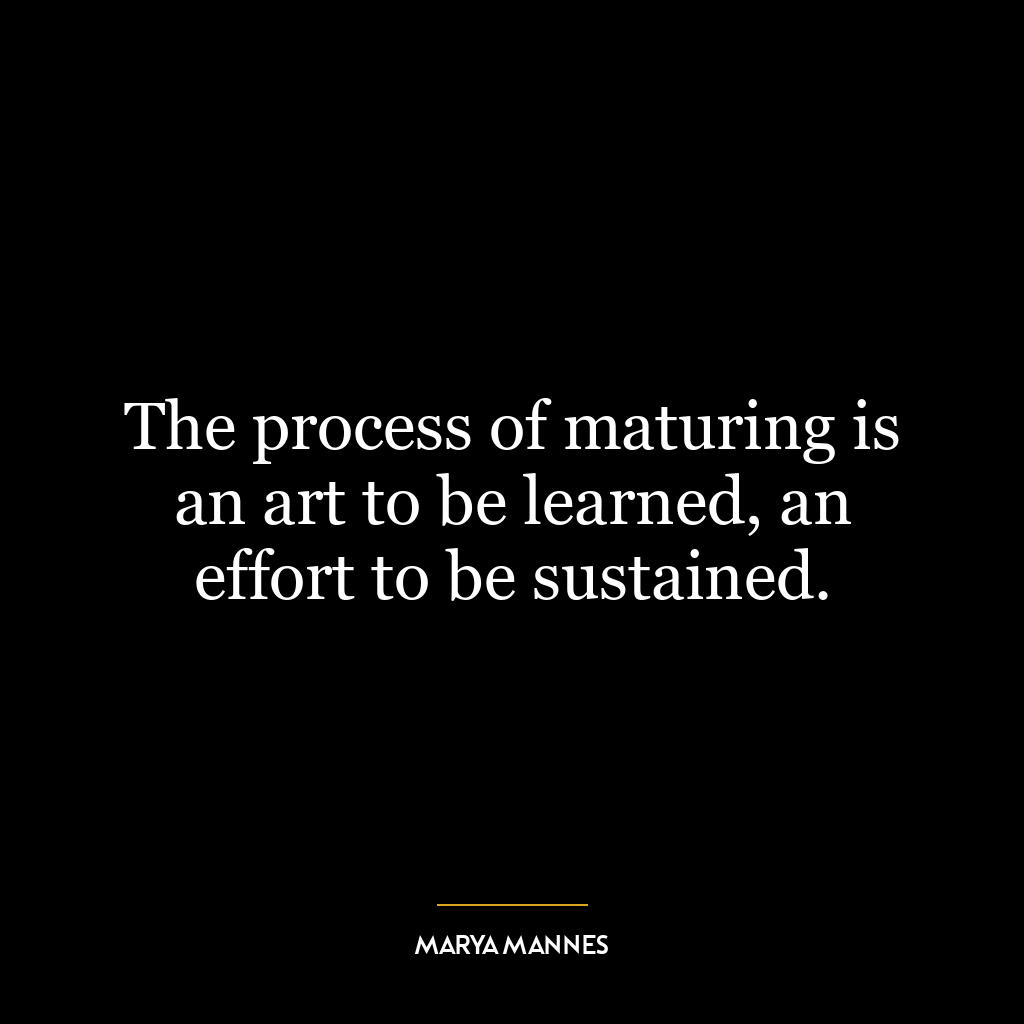What we learn from experience depends on the kind of philosophy we bring to experience.
This quote suggests that our interpretation and understanding of our experiences are largely influenced by our personal philosophies or belief systems. Philosophy, in this context, doesn’t necessarily refer to academic philosophy, but rather the set of beliefs, principles or worldviews that we hold. These might be shaped by various factors such as culture, religion, education and personal reflections.
So when we encounter an experience – good or bad – it is not the event itself that determines what we learn from it; rather it’s how we interpret and make sense of the event based on our existing philosophies. Different people can go through the same experience but take away different lessons because they view and interpret things differently.
Applying this idea to today’s world reveals its relevance in many areas such as politics, social issues and even personal development. In politics for instance, individuals with different political ideologies may look at the same policy but have completely different interpretations of its impact.
In terms of social issues like racism or gender equality, people’s prior beliefs heavily influence how they perceive incidents related to these matters. Some might see them as systemic problems requiring societal change while others may view them as isolated incidents.
In personal development too this concept holds significant value. It encourages introspection and self-awareness about one’s own belief system because only then can one truly understand their reactions to experiences in life.
For example if someone has a belief system rooted in resilience and positivity they will likely view failures as opportunities for growth rather than setbacks. On the other hand if someone has a more pessimistic worldview they might see failures as proof that they are not good enough.
Therefore according to C.S Lewis’ quote understanding your own philosophy is key because it shapes your learning from every experience you have.








